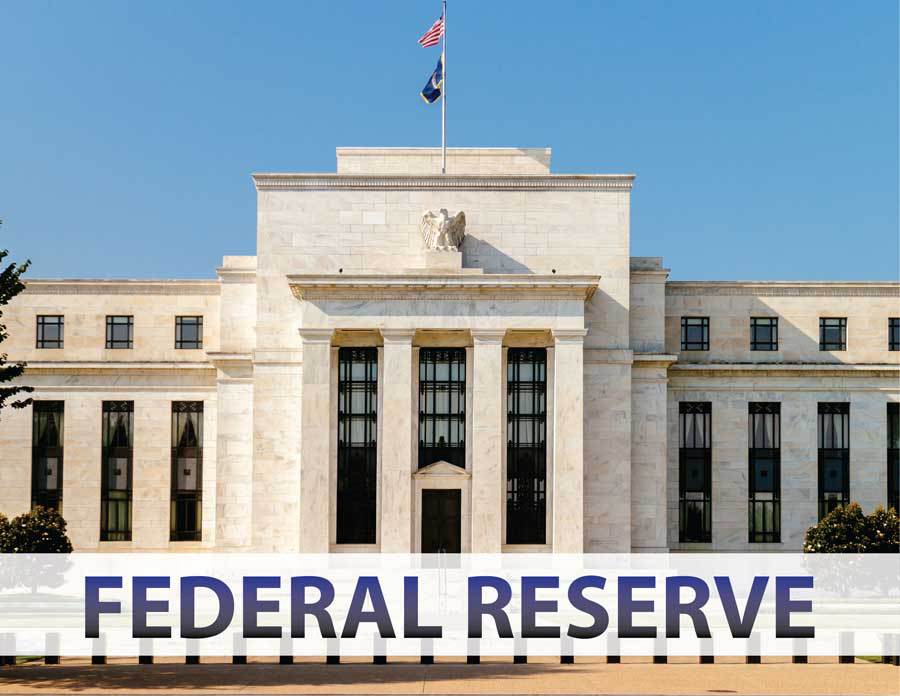Clients of Financial Advisors and Wealth Managers hear a lot today about the Federal Reserve. Unfortunately many of those clients, and people in general, may not know what it does and how it affects their daily personal finances. Here’s a sample of “Central Bank,” one of the key terms we explain in our book, “Your Total Wealth,” to help you educate and communicate with those clients. Feel free to download and share with your colleagues and clients.
CENTRAL BANK
The Federal Reserve, also known as “the Fed,” is the central bank of the United States. Throughout U.S. financial history, the idea of having a central bank has been controversial. Alexander Hamilton, one of its earliest supporters, squared off with Thomas Jefferson, who opposed it. Between 1791 and 1913, when our current Federal Reserve System was established, the United States had several periods when a central bank existed, and several when it did not.
Since 1913, the United States and every developed country in the world has created its own central bank. Foreign central banks include the ECB (European Central Bank), the BoE (Bank of England), BoJ (Bank of Japan) and the PBOC (People’s Bank of China).
Central banks provide several services to their countries’ economies and financial markets. The Fed, for instance, controls the money supply (monetary policy) to manage inflation, interest rates, unemployment and the stability of the economy and the financial system. It also regulates banks and provides them with several services. As a lender of last resort to banks when they need money, the Fed, in essence, serves as a “bank for banks.”
Since the Fed’s creation, the United States experienced 22 years of recession and one depression. In the 100 years prior to its creation, the nation experienced 44 years of recession, and six depressions. The Fed rescued the economy during the Great Recession of 2007-2009 and again during the 2020 coronavirus panic.
THE LESSON
Tracking the Fed’s interest rate decisions makes you a smart decision maker for your personal finances. “Don’t fight the Fed” is a Wall Street adage that advises investors to buy stocks when the Fed lowers interest rates. Also, whenever you use banking services, realize that your bank is part of a larger, Fed-regulated system. The interest rates on your car loans, mortgages, business loans, CDs, and credit cards are all affected by the Fed’s actions. The value of your investment portfolio is also affected by interest rates that the Fed sets and influences. You may do your banking on Main Street, but your bank is just around the corner from Washington, D.C.
Copyright © by HSF Publishing LLC, Dover, Delaware. All rights reserved.
David Dubofsky and Lyle Sussman are co-authors of Your Total Wealth: The Heart and Soul of Financial Literacy (HSF Publishing, 2021). See: www.YourTotalWealth.com

